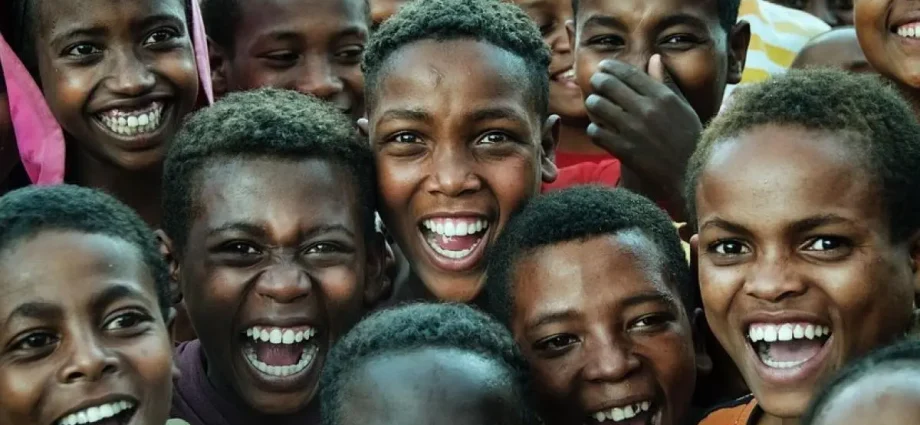Posters often hang in doctors’ offices depicting the stages of a child’s development in the first year of life. Many scholars today consider these figures to be outdated and unrepresentative.
Psychologist Lana Karasik and colleagues conducted an international study in six countries: Argentina, Cameroon, Italy, Kenya, South Korea and the United States. It is noteworthy that the children were observed at home, and not in laboratory conditions. In each of the countries, a psychologist (living in that country) visited 12 families with five-month-old children and each time filmed the behavior of the baby on video for an hour.
A third of all children already knew how to sit up on their own (that is, they were able to sit without support for at least one second). At the same time, significant differences were found between children from different countries. For example, in the USA only two children were able to sit, in Italy there were no such children, in Kenya there were eight, and in Cameroon – eleven. The length of time they could spend in a sitting position also varied, ranging from 2,4 seconds to 28 minutes (child from Cameroon).
Pamela Drukerman
“French children do not spit food. Parenting Secrets from Paris”
Healthy boundaries are one of the basic principles of French parenting. Parents have their own lives, children have their own. He is not the center of the universe. Maybe that’s why French kids don’t throw tantrums and understand what “no” means?
Children from different countries had different learning opportunities. Infants from the United States, Argentina, South Korea and Italy spent more time in their mother’s arms, and they also had special children’s furniture with a supportive back at their disposal. But babies from Kenya and Cameroon basically learned to sit down just on the floor or on ordinary “adult” furniture – that is, they had to learn to balance without external support. In addition, their mothers spent much less time with them.
The ability to sit independently is an important stage in the development of the child. Sitting, he can freely explore the surrounding objects, it is easier for him to play and interact with adults. “We decided to disprove the idea that children in all countries of the world develop in the same way, as our research proves: we observed children at home in six countries. Thanks to this, we learned, for example, that some five-month-old babies can already sit on high benches for a long time without any help from adults,” notes Lana Karasik.
Подробнее см. L. Karasik «Places and postures: a cross-cultural comparison of sitting in 5-month-olds», Journal of Cross-Cultural Psychology, September 2015, vol. 46 № 8.










